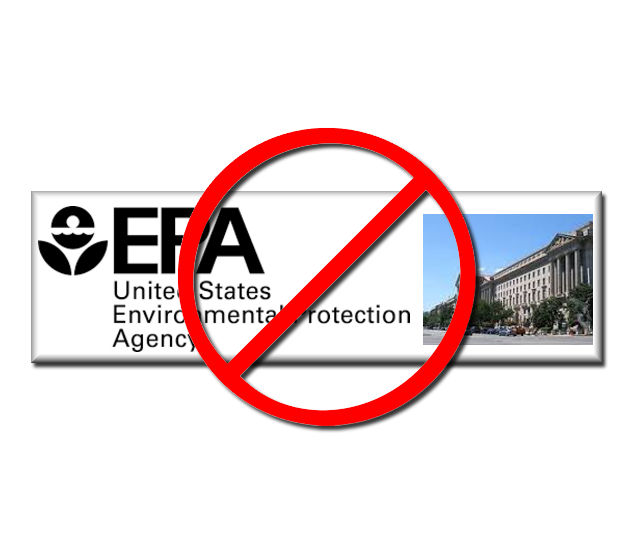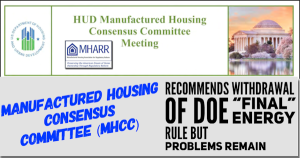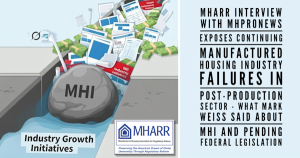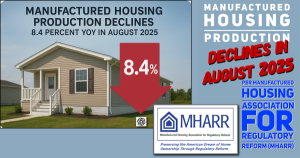[vc_row][vc_column][vc_column_text]Washington, D.C., May 23, 2017 – The Manufactured Housing Association for Regulatory Reform (MHARR) has succeeded in winning a delay of the effective date(s) of the Formaldehyde Emissions Standards for Composite Wood Products final rule published by the U.S. Environmental Protection Agency (EPA) in December 2016. EPA’s action, announced in a May 23, 2017 notice to affected stakeholders, fulfills a request by MHARR for such a delay in written comments that it submitted to EPA on May 15, 2017 (see, May 18, 2017 MHARR News Release – “MHARR Seeks Repeal of Discriminatory Formaldehyde Mandates”).
MHARR’s comments, presented in response to a new EPA rulemaking docket pursuant to Executive Order (EO) 13777 (“Enforcing the Regulatory Reform Agenda”) — issued by President Trump on February 24, 2017 – seeking input on regulations that “may be appropriate for repeal, replacement or modification,” call on EPA to repeal provisions of the final formaldehyde rule that discriminate against manufactured homes and manufactured home builders. In conjunction with this request, MHARR also specifically urged EPA to delay the effective date(s) of the final rule, in order to provide the agency with sufficient time to properly review and consider this (and other) requests for changes, amendments, or repeal of the final rule.
In accordance with EPA’s delay notice (with formal publication in the Federal Register expected on May 24, 2017), compliance dates for: (1) formaldehyde emission standards, recordkeeping, and labeling provisions would be extended until March 22, 2018; (2) import certification provisions would be extended until March 22, 2019; and (3) laminated product producer provisions would be extended until March 22, 2024 (although laminated product producers would still be required to comply with applicable fabricator provisions beginning March 22, 2018).
MHARR will closely monitor this rulemaking, which is an integral part of the Trump Administration’s effort to reign-in or repeal federal regulations that eliminate jobs or inhibit job creation, or are otherwise outdated, unnecessary, ineffective, or unduly burdensome. As this proceeding goes forward, MHARR will continue to aggressively oppose any discriminatory mandates on manufactured housing, HUD Code manufacturers and/or manufactured homebuyers.[/vc_column_text][/vc_column][/vc_row][vc_row][vc_column][/vc_column][/vc_row]













